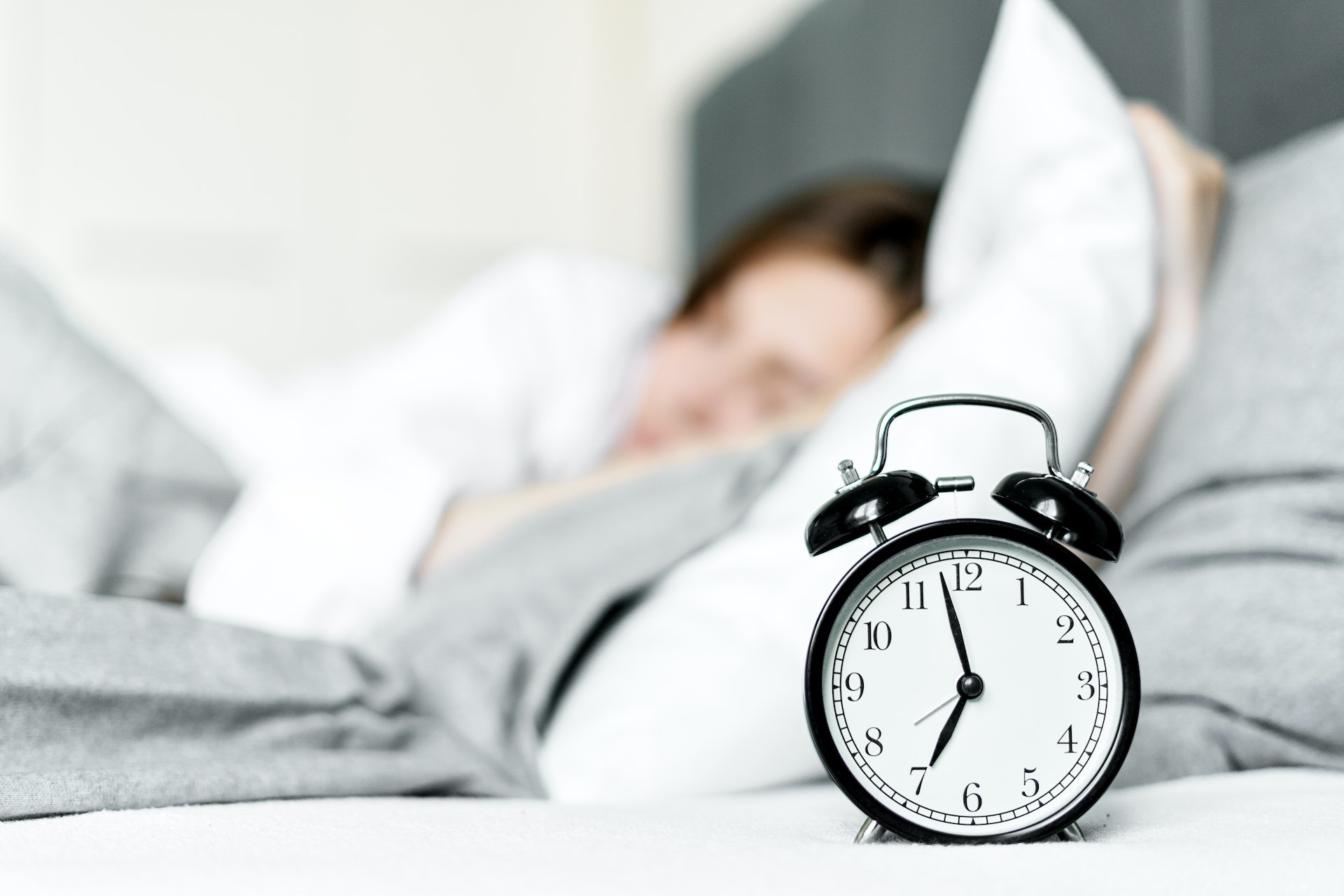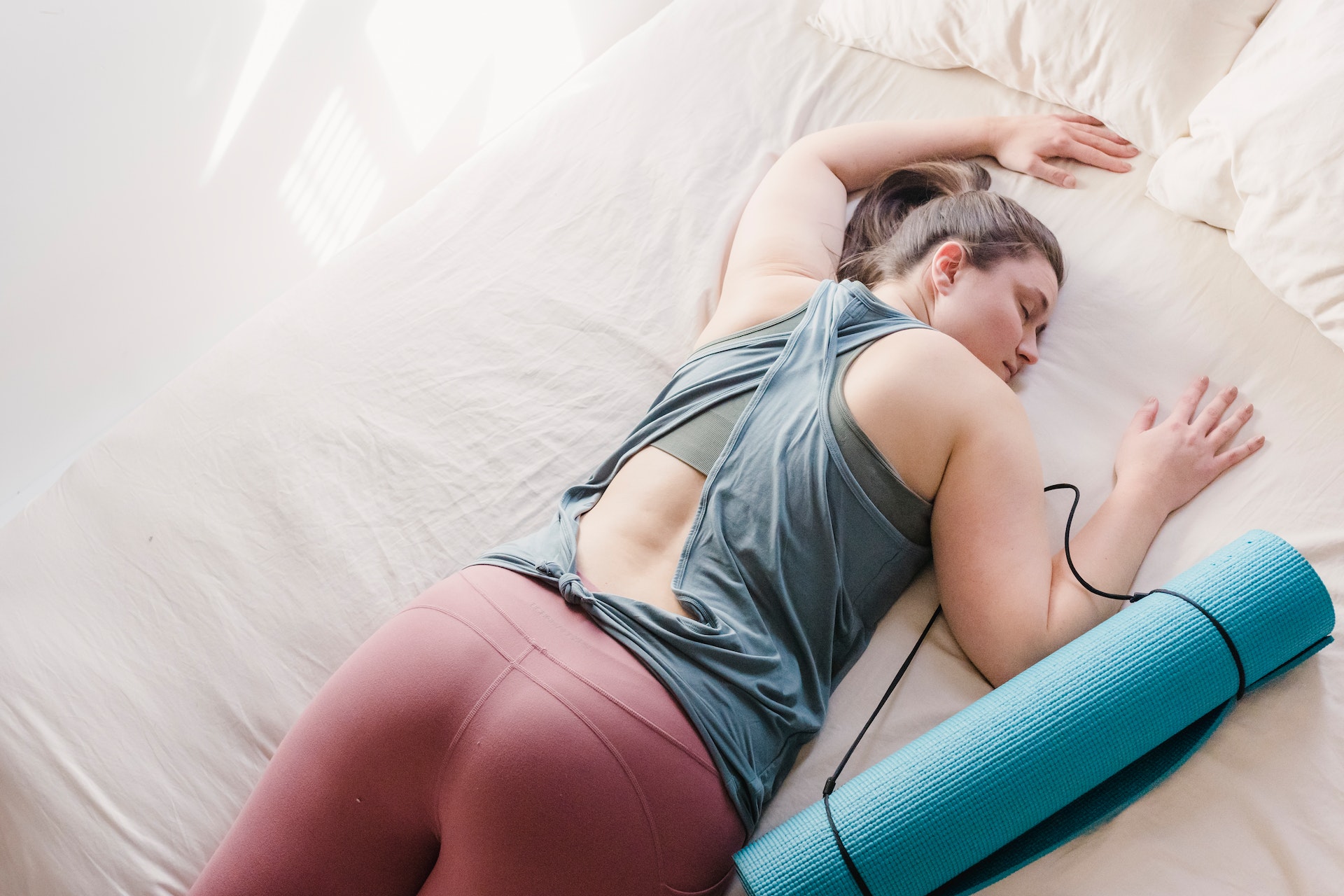Is It a Good Idea Not to Go to Bed During the Day So That You Don’t Suffer From Insomnia at Night?

It is widely accepted that going to bed during the day can disrupt your circadian rhythm and ultimately affect your sleep patterns. It’s therefore essential to establish a regular sleeping routine that works for you. But what if you have difficulty falling asleep at night? Is it then a good idea to avoid naps or other activities during the day, in order to ensure better sleep at night? In this blog post, we will discuss the pros and cons of not going to bed during the day so that you don’t suffer from insomnia at night. We’ll also provide tips on how to get the best quality of sleep, even when you are dealing with persistent insomnia.
What is insomnia?
Insomnia is a sleep disorder in which people have difficulty falling asleep or staying asleep. Insomnia can be caused by a variety of factors, including stress, anxiety, depression, medications, and medical conditions.
The benefits of not going to bed during the day
There are many benefits of not going to bed during the day so that you don’t suffer from insomnia at night. You will be more alert and productive during the day. You will get more daylight exposure, which is important for maintaining a healthy circadian rhythm. You will be less likely to experience jet lag if you travel across time zones. Finally, you will reduce your risk of developing depression and other mood disorders.
The drawbacks of not going to bed during the day
There are drawbacks to not going to bed during the day. One is that you may not get the rest you need during the day, which can lead to fatigue and you may suffer from insomnia at night.
How to avoid insomnia at night
There are a few things you can do to avoid insomnia at night. Try to avoid napping during the day. If you must nap, do so early in the day and for no more than 30 minutes. Establish a regular sleep schedule by going to bed and waking up at the same time each day. Create a relaxing bedtime routine including winding down for 30 minutes before sleep and disconnecting from electronics screens. Create a sleep-friendly environment in your bedroom that is dark, quiet, and cool. Exercise regularly but not within 3 hours of bedtime.
Why it is important to listen to yourself – go to sleep if you need
There are a lot of benefits to listening to your body and getting enough sleep. Sleep helps improve mood, cognitive function, and overall physical health. It is also important for mental health. Getting enough sleep can help reduce stress and anxiety, and it can also help improve memory and concentration. If your body tells you that it wants to sleep for at least 20 minutes and you have time for it, do so. The internal regulation of the body is much wiser than our guesses or assumptions.
What else?
We have discussed the importance of not going to bed during the day so that you do not suffer from insomnia at night. We have seen that napping during the day can actually make it more difficult for us to fall asleep when we go to bed in the evening, as our bodies are used to being active and awake during the day. Therefore, avoiding afternoon naps is a great way to promote better sleep patterns and reduce your risk of suffering from insomnia. However, sometimes you should make an exception and not follow the regime, but listen to your body.
Warning: this article does not constitute medical advice. The article contains the author’s personal opinion and personal conclusions and observations. If you have problems with sleep or are interested in other issues related to it, it is better to consult your doctor.









